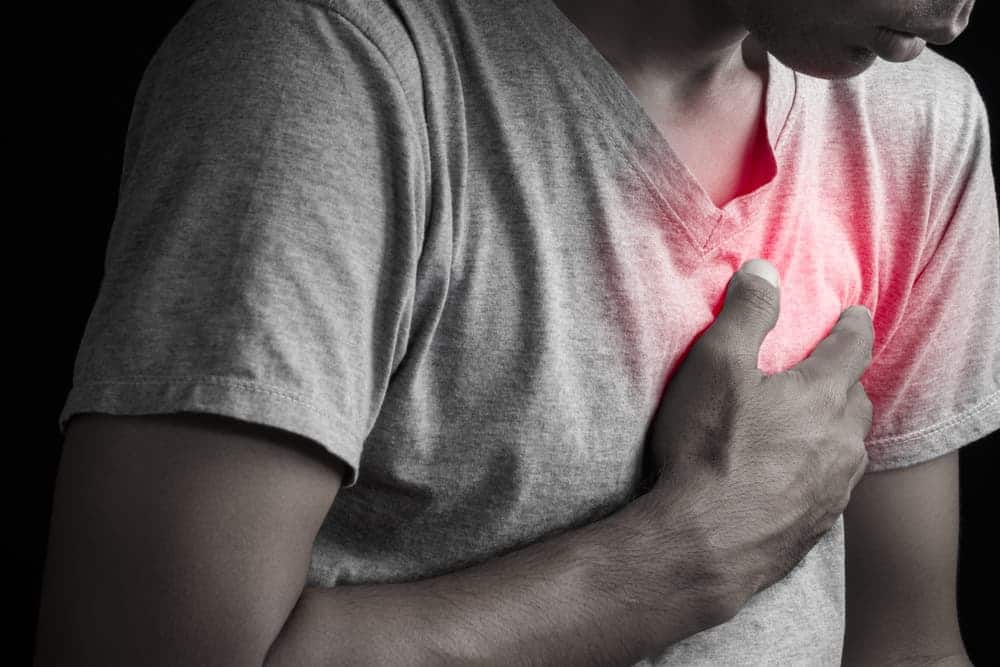Contents:
- Medical Video: Insidermedicine In Depth - July 29, 2010 - Calcium Supplements and Heart Attack Risk
- What is the calcium requirement in the body?
- How can calcium deficiency be the cause of a heart attack?
- What are the symptoms of calcium deficiency?
- How to prevent a heart attack due to lack of calcium?
Medical Video: Insidermedicine In Depth - July 29, 2010 - Calcium Supplements and Heart Attack Risk
Calcium is one of the important minerals needed by the human body. This mineral has a variety of important functions, including maintaining healthy bones and teeth. In addition, calcium is also needed in the mechanism of muscle movement. An adequate amount of calcium is needed so that these functions can function as they should. Did you know that it turns out that low levels of calcium in the body can be one of the risk factors for a heart attack?
What is the calcium requirement in the body?
The normal range of blood calcium levels in adults is 8.9 - 10.1 mg / dL. There is no standard reference for how much blood calcium levels are best for minimizing heart attacks. However, many studies use a minimum number of 8.95 mg / dL.
The amount of calcium that is less or more can cause various types of disorders in the body. In recent years, many studies and health reports have stated that excess calcium in the blood results in calcification of arteries, which is at risk of causing heart disease.
However, one study published in October 2017 stated that people with blood calcium levels less than 8.95 mg / dL had a 2.3-fold greater risk of heart attack compared to people who had calcium levels greater than 9.55 mg / dL.
How can calcium deficiency be the cause of a heart attack?
Calcium is needed by the heart because it acts to make the heart contract to pump blood. Lack of calcium intake from outside into heart muscle cells over time will cause a decrease in the number of heart contractions.
As a result, there is a lack of oxygen intake - both for the body and for the heart itself - which is known as the state of ischemia. This condition is characterized by the onset of symptoms of a heart attack, such as chest pain such as heavy burden, cold sweat, even death.
What are the symptoms of calcium deficiency?
It is not easy to recognize a condition of calcium deficiency or hypocalcemia, because it often shows no symptoms at all. The best way is to check the blood calcium levels in the laboratory. However, some of the following symptoms can be indicative of someone experiencing hypocalcemia.
- Muscle cramps
- Fatigue
- Tingling in the lips and fingertips
- Confusion or delirium
- Hallucinations
- Disorders of electrical conduction in the heart which can be seen through electrocardiographic (ECG) recordings
- Loss of consciousness
How to prevent a heart attack due to lack of calcium?
The old adage says that prevention is better than cure. Hypocalcaemia can be prevented by choosing the type and amount of food in a balanced way. In addition, it is also necessary to check your health regularly so that early symptoms of lack of calcium can be detected.
The following are examples of foods that are rich in calcium.
- Cheese
- Milk and processed foods
- Soy milk
- Sardine
- Nuts
- Spinach
- Know
- Fortified foods (bread, cereal)












